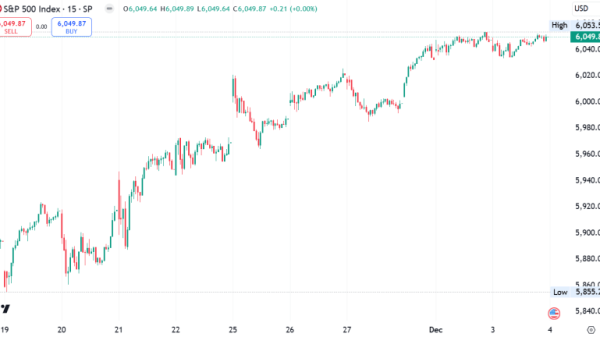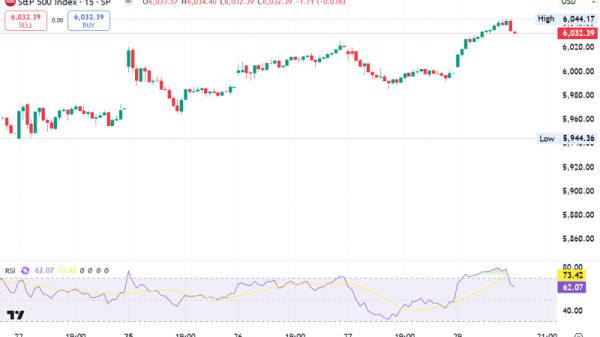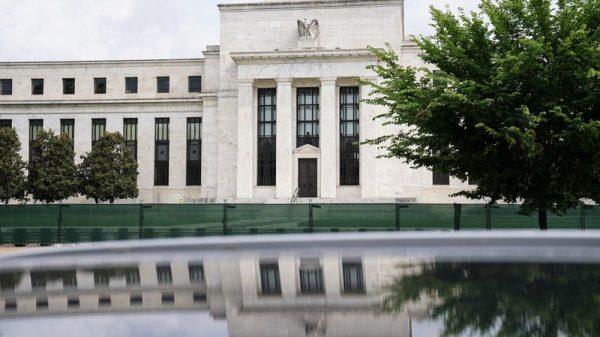By David Lawder
WASHINGTON (Reuters) -China’s latest stimulus measures moves will not meaningfully boost domestic demand, leaving a major source of trade friction intact, U.S. Treasury Secretary and International Monetary Fund chief economist Pierre-Olivier Gourinchas said on Tuesday.
Yellen and Gourinchas said separately they had not seen any announcement so far from China’s central bank and its finance ministry that would boost demand enough to absorb excess production and boost growth.
“Our view has been that raising consumer spending in China as a share of GDP (gross domestic product) is really important, along with measures to address problems in the property sector,” Yellen said at a press conference at the start of the International Monetary Fund and World Bank annual meetings in Washington.
“So far I would say I haven’t really heard any policies on the Chinese side that address that.”
Gourinchas told a news conference on the IMF’s latest forecasts that China’s fiscal stimulus measures so far lacked detail and therefore were not included in the IMF’s China growth outlook, which was cut by two-tenths of a percentage point to 4.8%.
Monetary policy stimulus to boost lending announced by the People’s Bank of China last month would do little to materially lift growth, he said.
In an interview, Gourinchas said earlier that China’s industrial policy could be tipping the scales in some specific industries, but it was not the root cause of the country’s growing exports and external surpluses.
Gourinchas pushed back on some of the U.S.-driven narrative surrounding China’s excess industrial capacity, saying that macro factors including a lack of domestic demand in China and excess consumption in the U.S. were the key drivers of higher Chinese trade surpluses.
He said the increased exports from China, which were helping to keep the country’s growth from slowing further, according to new IMF forecasts, were “not primarily because of industrial policies in China or elsewhere. It’s mostly driven by macro forces.”
The biggest of these was low consumer spending which, amid a property market crisis that had damaged a key source of household wealth, had caused some production to be “naturally channeled towards the export sectors.”
YELLEN’S WARNINGS
While Yellen agrees on the need to boost Chinese consumer spending and reduce savings as a share of GDP, she has taken a harder view of view of Chinese overcapacity, saying that “utterly enormous” subsidies threaten U.S. manufacturing jobs, particularly in electric vehicles, batteries, solar cells and semiconductors, all of which were hit with steep U.S. tariff hikes last month.
U.S.-China economic and financial working groups from the Treasury and Chinese finance and commerce ministries will meet in Washington over the next week to try to come to some common understandings on Chinese industrial capacity, Yellen said.
Gourinchas said there were some sectoral impacts from Chinese subsidies that could distort trade, but that was a matter for the World Trade Organization.
He added the IMF was working hard to measure the impact of industrial subsidies in China and other economies with dominant state sectors, but transparency had been difficult. Support measures, he said, were not often line items that showed exactly what the government was spending.
The way to reduce U.S.-China imbalances was to boost domestic demand to soak up the production now being diverted to exports, Gourinchas said. This would require Chinese authorities to resolve problems with the property sector that were hurting consumer confidence.
“Then, you need to convince the Chinese households and firms that they can do more consumption and more investment and less saving,” Gourinchas said. “That requires, for instance, developing social safety nets that will provide for old age, that will provide for healthcare etc.”
For the U.S., fiscal tightening would help slow excess demand for imports from China. The Fund has long advocated that Washington raise taxes to put its debt on a downward path.




































